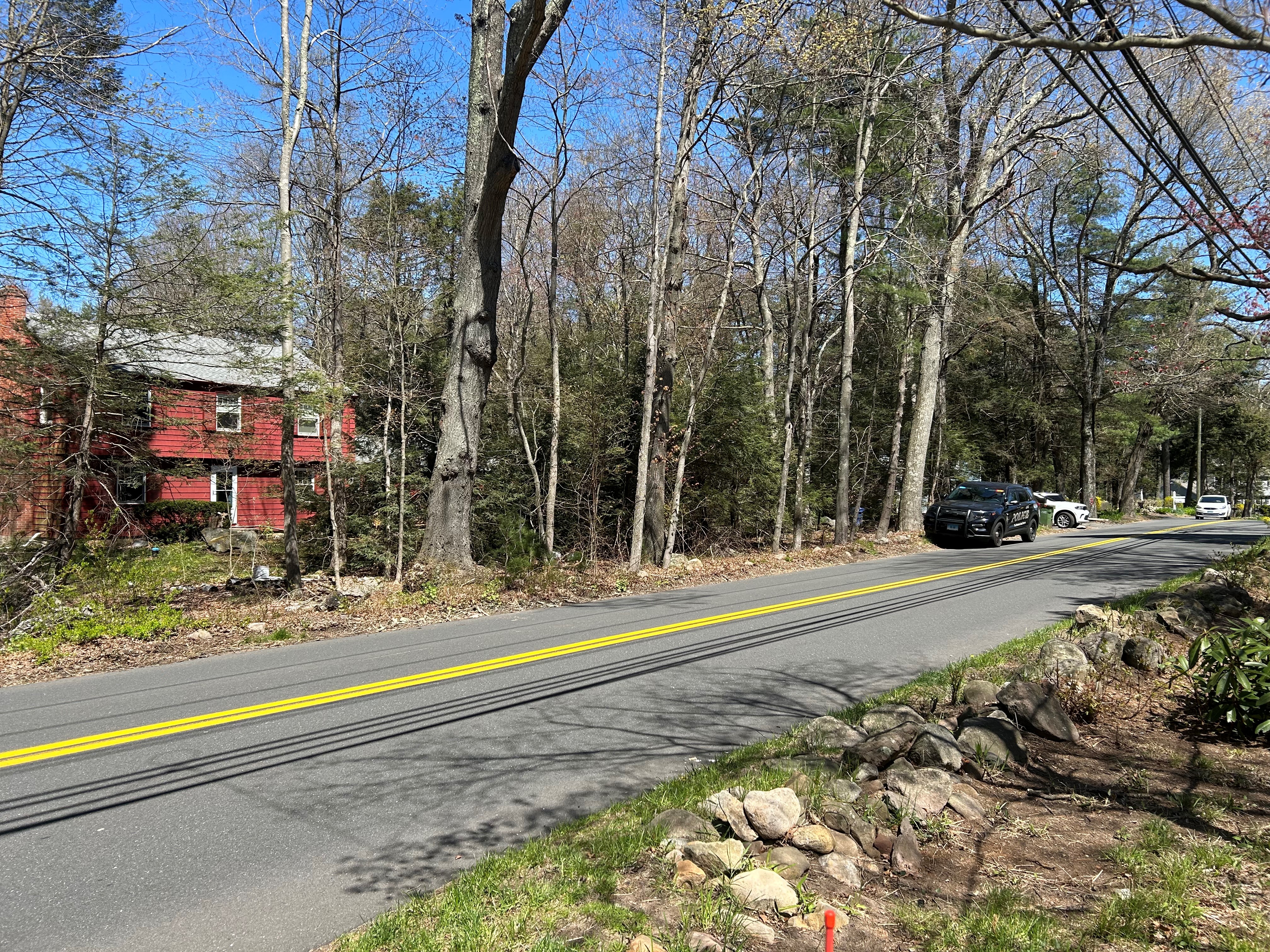Title IX, which protects against forms of sex discrimination, was established in June of 1972, almost 50 years ago. But it’s November 2021 and female athletes at Trinity College had to organize to get the same quality facilities as their male counterparts.
The Trinity Field hockey team is hosting the NCAA Divison III Final Four this weekend and thanks to an upset win in the quarterfinals, they’ll be playing in it too.
But as one of the top field hockey teams in the country, they were surprised to see that this season, they would be fighting for more than a championship. When the athletes arrived on campus this fall, they noticed the stands for the football and men’s lacrosse field we’re completely renovated while they didn’t even have their old bleachers from the season before.
“We actually had more seating last year,” said field hockey junior Emlyn Patry.
Get Connecticut local news, weather forecasts and entertainment stories to your inbox. Sign up for NBC Connecticut newsletters.
“As female athletes I think a lot of times you're told to just nod your head and accept what you're given.”For their first scrimmage, spectators had to stand behind the players benches. Their storage shed, which had electricity, was replaced by a shipping container. The athletes had been promised much more.
Along with the plans for the new football stands, the school had announced plans for new bleachers and spectator space at Robin L. Sheppard field that would have the 1,000 person capacity expected of the NCAA Final Four host school.
“The stands that are here now are very different than what was pitched to us as donors,: said field hockey parent and donor to the project, Jim Shay.
Local
While parents emailed and donors called, the school says the project was delayed by the pandemic. Yet, the men’s bleachers were built in time for the fall season and the women’s weren’t. “It was less of a decision as opposed to things being delayed,” said Trinity Athletic Director Drew Galbraith.
“It's an unfortunate side effect of how thing are happening now.”
After athlete and parent complaints, the school constructed five rows of bleachers within a day. Shay said he compared that product with the renderings the school used to pitch for donations to the project, they weren’t even close.
The athletes felt the school’s “fix” fell short, too. But rather than feel small, they chose to do something big. The women organized the Trinity Women’s Athletic League, a space for all female athletes on campus to share their feelings.
“It was really like wow, we have more of a voice than we think we do,” said Dominique Bolduc, a senior on the softball team.
In fact, members of the softball team say the team has been feeling left out since 2013 when the baseball team got a new stadium and turf field. Theirs stayed the same.
“It's very frustrating to watch these improvements to things people already have when we don't even have the bare minimum,” said Bolduc. “We can't even hold our own fans, our own families at our field as it stands.”
The women wondered if this was a violation of their Title IX rights, a federal rights law that prohibits sex-based decimation at institutions that receive federal money.
They reached out to the non-profit "champion women" to help them understand the law.
“What they really needed was something fairly small, they just wanted facilities. We try to show them the big picture,” said Nancy Hogshead-Makar, founder of Champion Women.
With their help, they called for a Title IX audit and a change for future projects to assess Title IX compliance in the planning process.
“We don't want it to just be 'we hear you right now, let's check off the box.'... We want it to go forward that the school is going through the process ahead of time so no one is left feeling this way when things are done,” said Patry.
But why did it take a movement?
“I don't have a great answer for you on why it would take a movement other than that we have to be better,” said Galbraith. “When students are feeling that level of hurt, you want to both acknowledge and hear those concerns and then work together to find ways forward.”
“I hope from this point forward Trinity College sees this as urgent and just respects all of their female athletes,” said Bolduc. “Because I just hope for future softball players, future field hockey players, anybody, they'll have what they deserve.”
On the same day that NBC Connecticut sat down with Trinity’s athletic director, university President Joanne Berger-Sweeney sent a letter to the school community agreeing to meet many of the athlete’s requests as follows:
Title IX Audit:
• An independent law firm will be hired to assess the college’s athletic offerings, including issues of equity, facilities, and resources.
• A review of various law firms’ Title IX capabilities is underway.Robin L. Sheppard Field:
• Engineers and the bleacher company with which Trinity works are providing recommendations on what can be done to permanently increase bleacher height and capacity, especially in the center of the field.
• With the impending NCAA Tournament, we will install temporary bleachers, which will allow us to offer a seating capacity of 1,100 on the field and another 200 standing spaces for upper-level viewing. Temporary warming rooms and restrooms will be in place. These measures will support our commitment to a high-quality fan experience for the NCAA championship but will have to be removed before winter.
• Planning for permanent warming rooms and restrooms is underway.Softball Field:
• A feasibility study for bleachers and a press box is in process.
• The design firm conducting the feasibility study also is exploring lighting and an artificial surface. Many steps would be involved in both, including a review by the City of Hartford and community input about the impact to the campus’s physical environment. Trinity’s Department of Athletics and Physical Education will continue to work with softball coaches to provide access to equitable practice spaces in the spring semester once softball begins its season.
See the full text of the letter below.



